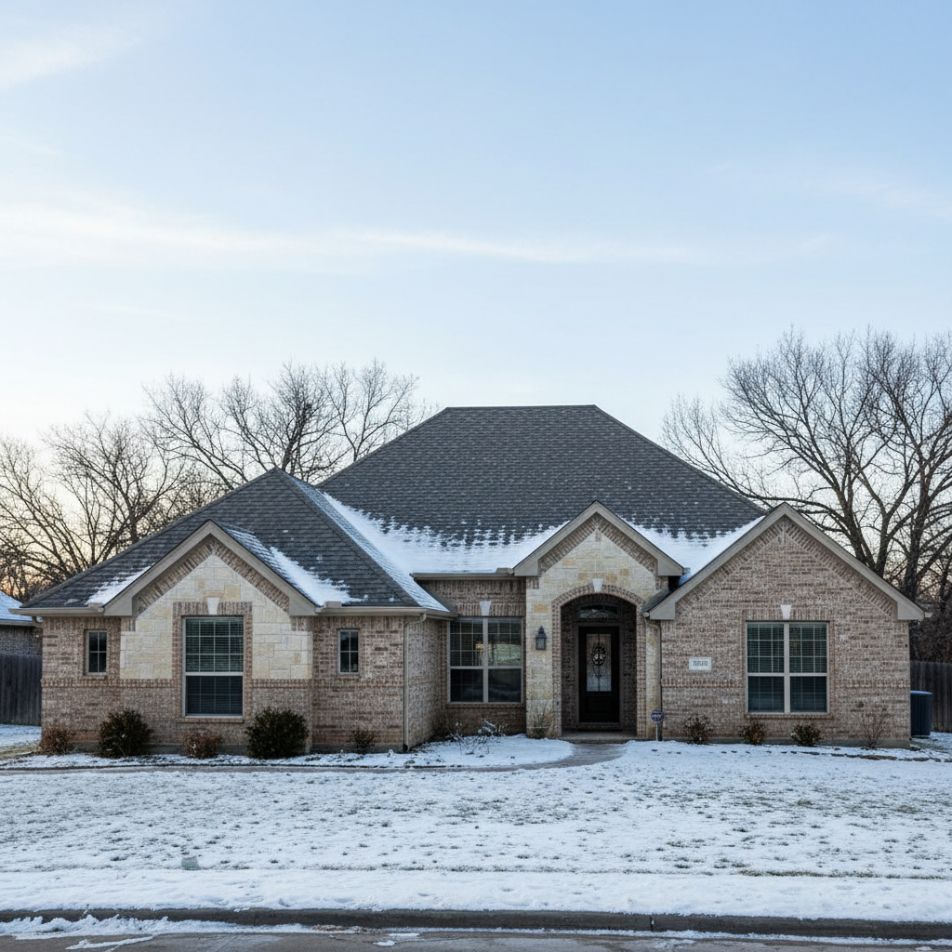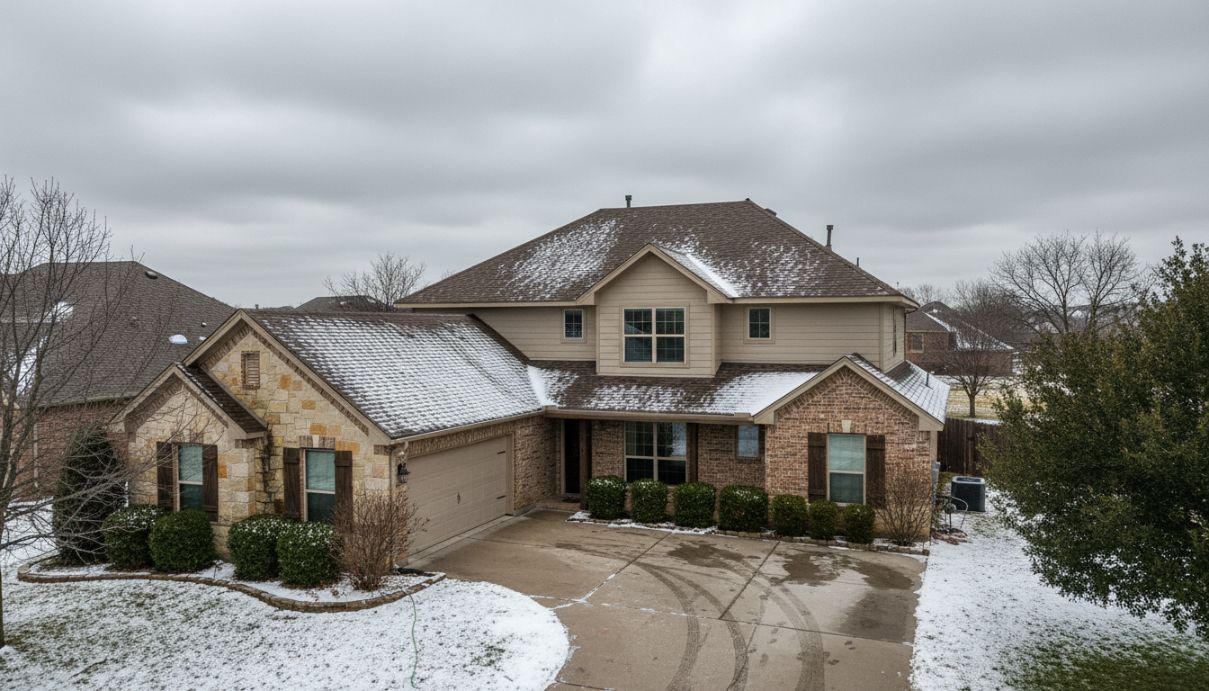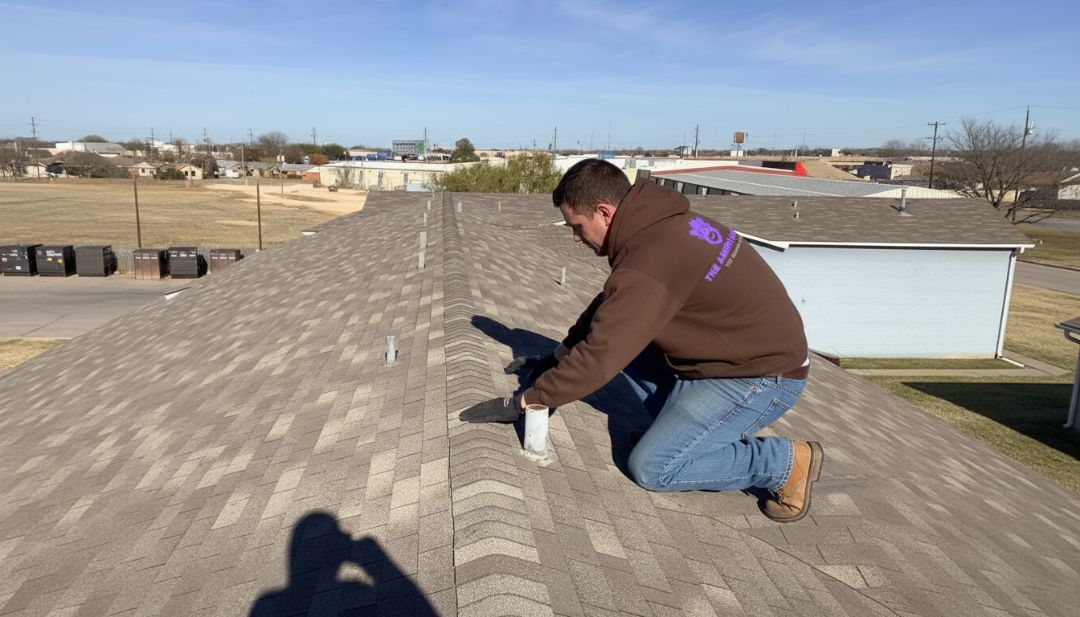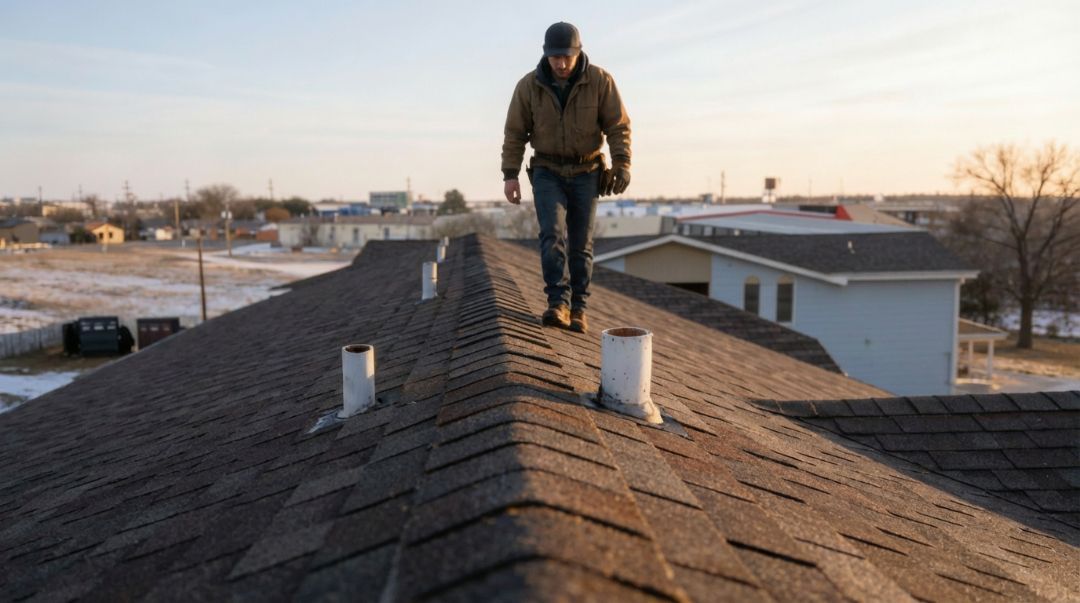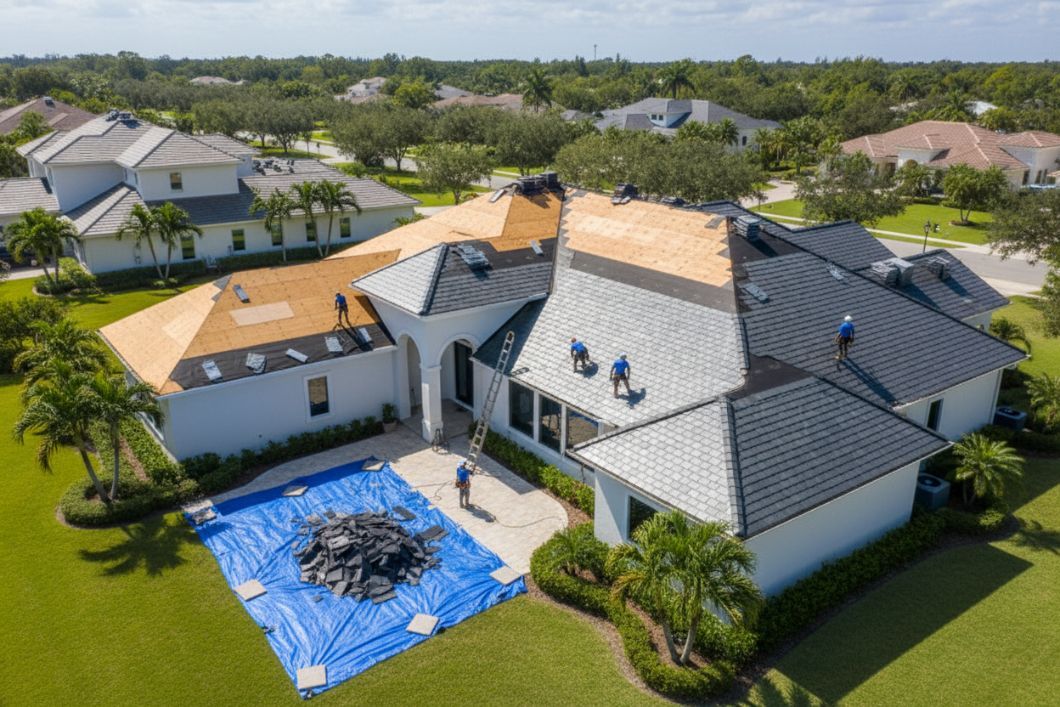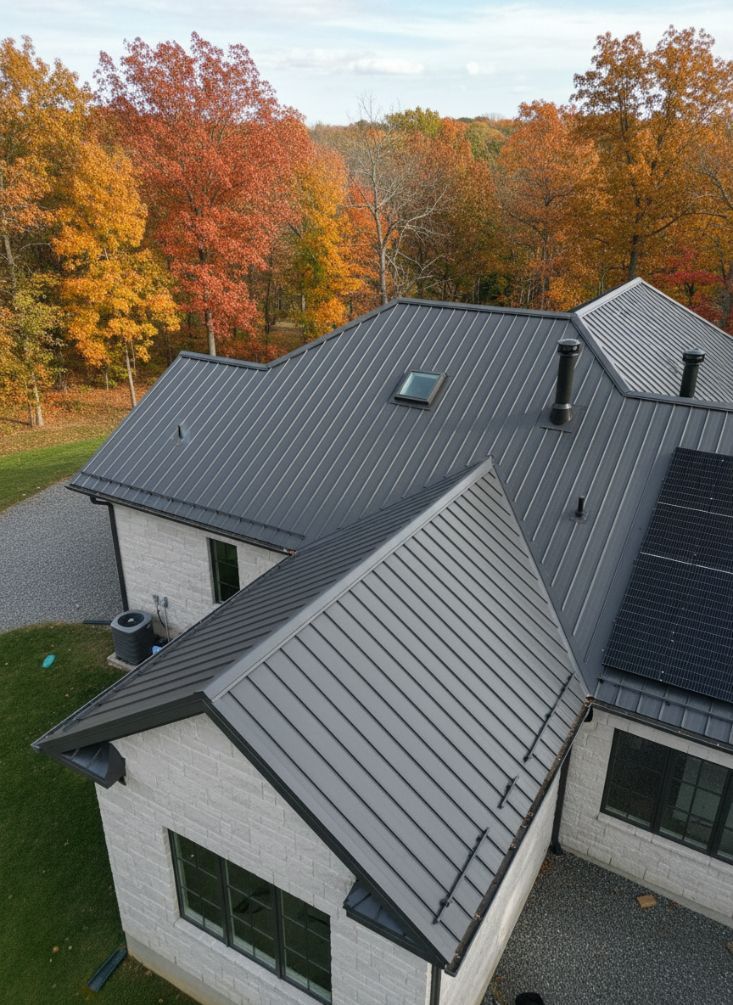What Every Homeowner Should Ask Before Hiring a Roofing Contractor
TLDR;
Before hiring a roofing contractor, ask if they are licensed, bonded, and insured in your state, request detailed written estimates, confirm their experience with your
roofing type, and understand their warranties, payment terms, and project management process. This protects you from costly mistakes, ensures your roof meets local codes, and gives you confidence in the quality of the work.
Why Asking the Right Questions Matters for Homeowners
Hiring a roofing contractor without the right questions can lead to poor workmanship, safety risks, and financial loss. Texas homeowners face unique challenges with extreme heat, hail, and wind. You need a contractor who understands local building codes, climate-resistant materials, and fair pricing practices.
Amish Roofer recommends doing thorough vetting before signing any agreement.
Verify Credentials, Licensing, and Insurance
Are You Licensed, Bonded, and Insured in Texas?
The contractor must hold an active state license. Ask for proof and verify it with the licensing authority.
Confirm they carry:
- General liability insurance to cover property damage
- Workers’ compensation insurance to protect against on-site injuries
- A bond to safeguard against unfinished or faulty work
Check Local References and BBB Rating
Ask for at least three recent local references. Call them to verify workmanship quality, communication, and job completion timelines.
Check the contractor’s Better Business Bureau profile for unresolved complaints or poor ratings.
Do You Have a Local Office and Local Experience?
A local office signals accountability. Contractors familiar with Texas municipalities will know the specific permit processes, wind ratings, and inspection requirements.
Assess Material and Climate Readiness
Do You Use Wind and Hail-Resistant Roofing Materials?
Texas roofs should meet ASTM D-3161 wind standards and UL 2218 impact resistance ratings. These help protect your home from severe weather damage.
Ask if they use shingles rated for high wind zones and if metal roofs meet local snow and ice load standards where relevant.
What Brands and Certifications Do You Offer?
Manufacturer certifications like GAF Master Elite or Owens Corning Preferred can offer better warranties and roof installation quality.
Ask about:
- Manufacturer vs. workmanship warranties
- Any available rebate programs for energy-efficient roofs
Permits, Codes, and Compliance
Who Handles Permits and Code Compliance?
The contractor should secure all permits and schedule required inspections. They should be knowledgeable about municipal codes to ensure the roof passes final inspection without costly changes.
Detailed Cost Estimates and Payment Structure
Request a Written Estimate with Full Details
A written estimate should include:
- Material types and quantities
- Labor charges
- Permit costs
- Cleanup and disposal fees
- Contingency costs for unexpected
roof repairs
Understand Payment Terms to Avoid Scams
A safe approach is the “rule of thirds”
- One-third deposit
- One-third at midpoint
- Final payment after completion and inspection
Avoid contractors asking for full payment upfront or cash-only transactions.
Ask About Financing and Insurance Claims
Many homeowners use financing or insurance claims after storm damage. Confirm if the contractor works directly with insurers and can help document damages for claims.
Communication and Project Management
Who Will Manage the Job On-Site?
Ask if a project manager will be present daily. Avoid contractors who outsource the entire job without oversight.
How Will You Communicate Progress?
Set clear expectations for:
- Daily or weekly updates
- Point of contact for questions
- How change orders are handled
Safety and Property Protection Measures
Ask how they will protect landscaping, siding, and driveways. They should have safety plans for workers and ensure OSHA compliance.
Cleanup, Final Inspection, and Aftercare
How Do You Handle Debris Removal?
Confirm they use magnetic tools to remove nails and dispose of old materials properly.
Will There Be a Final Walkthrough?
A walkthrough ensures all work meets your expectations before final payment.
If you're unsure what a proper roof evaluation should cover, learning about the full roof inspection process can help you know what to expect before the final walkthrough.
Ask for attic and gutter inspections to confirm there’s no debris or hidden damage.
What Maintenance Advice Do You Provide?
Professional contractors like Amish Roofer will give maintenance tips, warranty registration details, and a suggested inspection schedule.
Red Flags to Avoid
Warning Signs During Estimates
- Bids significantly lower than others without clear explanation
- Requests for large upfront payments
- Vague answers to licensing or insurance questions
Problematic Contractor Behavior
- Refusal to provide references
- No physical office
- Poor communication or evasive responses
What to Expect After Hiring
Once hired, expect a clear start date and estimated completion date. The contractor should communicate delays promptly and provide written change orders for any additional work.
After completion:
- Ensure all warranties are registered in your name
- Store your contract, estimate, and inspection reports
- Schedule annual roof inspections, especially after severe weather
Long-Term Value of Asking the Right Questions
By asking these questions, you ensure your roof is built to withstand local conditions, meets all code requirements, and is backed by solid warranties. Amish Roofer advises that this upfront diligence not only protects your investment but also adds value to your home for years to come.

